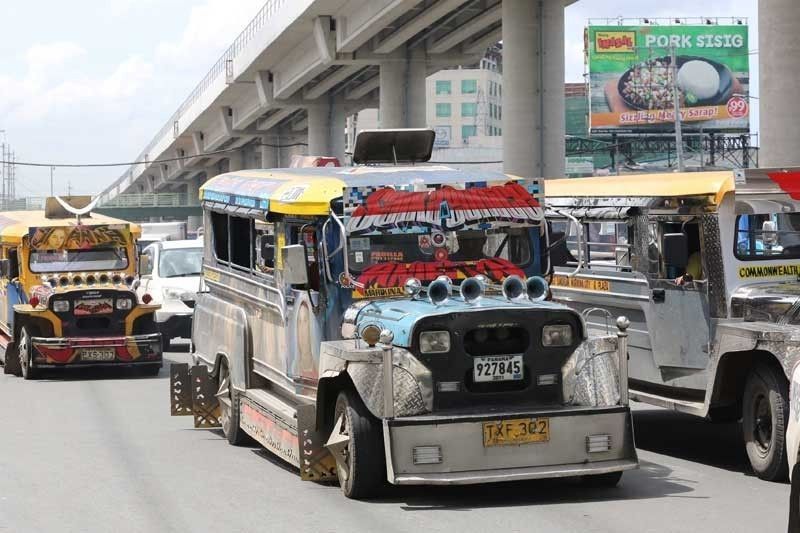Yearender: Government fails to meet PUV modernization targets — LTFRB

MANILA, Philippines — The government was unable to meet its targets this year for its ambitious Public Utility Vehicle Modernization Program (PUVMP), the head of the Land Transportation Franchising and Regulatory Board (LTFRB) said.
LTFRB Chairman Martin Delgra said there have been some issues in the implementation of the PUVMP, the administration’s largest non-infrastructure project.
Only a total of 3,393 modern PUVs have been rolled out under 132 franchises this year, data from the LTFRB showed.
This includes 2,297 modern jeeps, 424 buses and 672 UV Express vans.
Delgra said that these numbers fall below targets for 2018, the first full year of the implementation of the PUVMP.
“We have not met targets. We would have wanted more units to be put in place and more transport cooperatives by this time than we have on record,” he said in an interview.
Bottlenecks
The LTFRB chief said the program is good “policy-wise,” but there have been some bottlenecks in its implementation.
For one, the program has had some problems on the supply of modern units as manufacturers are still sticking to a purchase order-based production model.
There are at least 20 international and local jeepney manufacturers who are on board with the program.
There is also a backlog on the consolidation of franchises on the level of the Office of the Transportation Cooperatives (OTC).
“We have been working closely and pushing the OTC to address applications for accreditation of transport cooperatives,” Delgra said.
The PUVMP aims to get rid of single-unit, single-operator franchise holders and consolidate them into cooperatives that the LTFRB said is more efficient.
It also aims to replace the more than 170,000 passenger jeepneys in the country.
Anti-poor?
The program, which some have deemed a “jeepney phaseout,” has met opposition from many transport groups, prompting major transport strikes since 2017.
Some groups, like the the Pagkakaisa ng mga Samahan ng Tsuper at Operators Nationwide and Samahan ng Tsuper at Operator ng Pilipinas Genuine Organization have outright opposed the implementation of the PUVMP since the start, saying that the program is anti-poor and would put operators into debt.
With units costing at least P1.6 million each, groups said the PUVMP will bury the more than 400,000 jeepney operators and drivers in the country in debt for next seven years, the amortization period for the new units.
The government has set the subsidy for the acquisition of new units at P80,000, five percent of the total equity of a P1.6-million unit.
Some senators have also expressed apprehensions about the program, saying that it should be implemented on a voluntary basis instead.
Still, Delgra expressed hope that they would be able to put the road bumps behind by next year as the LTFRB “breathes PUVMP.”
“We are not looking at specific targets but we want to increase numbers substantially,” he said in an interview.
“This will be the year that we will see the program pushing further. We just hope that the current driver operators would be more open to embracing the program,” Delgra added.
- Latest
- Trending

































